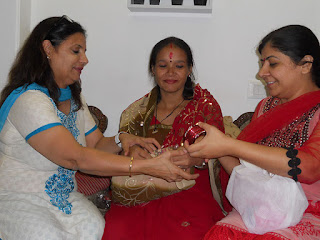Egg donation is the process by which a woman donates eggs for purposes of assisted reproduction. The process typically involves in vitro fertilization technology often; while as unfertilized eggs may be frozen and stored for later use. Egg donors are first thoroughly screened, and give approval prior to participation in the IVF process. Once the egg donor is recruited, she undergoes IVF stimulation treatment, followed by the egg retrieval procedure.
A recent report in the Journal of American Medical Association found that the number of egg donors for IVF increased about 70 percent from 2000 to 2010. Egg donation is a third party reproduction as part of assisted reproductive technology (ART). The age of our egg donors in India is between the ages of 21 and 28 who are willing to donate their eggs to a couple or an individual wishing to expand their family. In our egg donor database, the list includes a combination of Indian, Caucasian, African-American, Hispanic and Asian egg donors from a variety of backgrounds. As the intended parent, we leave the choice of which egg donor is the ideal match for you and who suit your needs.
Anonymous Egg Donor
A couple who may have difficulty conceiving and requires an egg donor can take help from the fertility or an agency. As an intended parent you are informed about the egg donor by the agency. However, the donor would know nothing about the recipient/intended parents(s) and in some cases, whether or not pregnancy occurred. The details of egg donors at Seed Art are highly confidential. Seed Art has a large pool of egg donors and their ovaries are constantly checked by specialists for normal hormone levels.
Are you a potential parent interested in receiving donated embryos?
Sometimes when a family completes their family building, they wish to donate their remaining embryos that are unused. Seed Art Bank Embryo Donation program facilitates to process to utilize the extra embryos to other who are looking to complete their family-building.
Cryopreservation
Cryopreservation, or freezing of embryos, allows you to store excess embryos for later use. Extra embryos are cryopreserved in liquid temperatures for future use and in order to minimize multiple pregnancies. A couple sometimes made up their mind to donate the frozen embryos that deserve a chance to parenthood to a needy couple.
We at Seed Art Bank will guide you with detailed information about embryo donation and other surrogacy services. We request you to explore and learn about surrogacy options, so as to make your family dreams come true!




